Tag: Politics
-
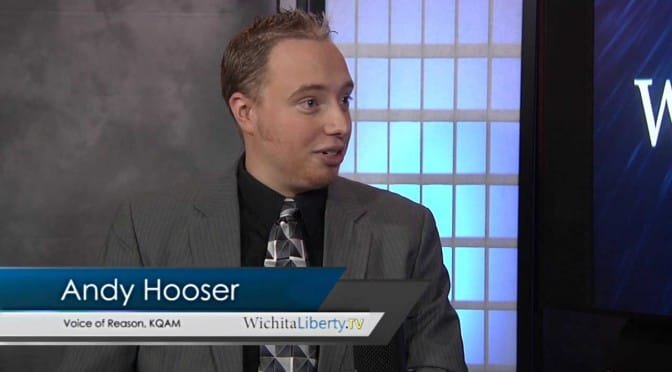
WichitaLiberty.TV: Radio talk show host Andy Hooser of the Voice of Reason
Radio talk show host Andy Hooser of the Voice of Reason introduces himself to Wichita and talks about millennials, local politics, and the presidential races.
-
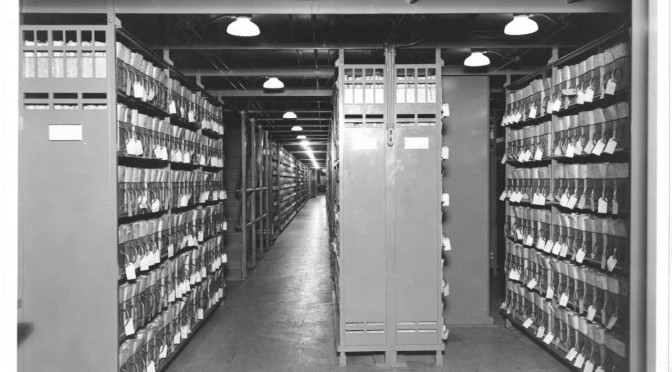
Where are our documents?
Government promotes and promises transparency, but finds it difficult to actually provide.
-
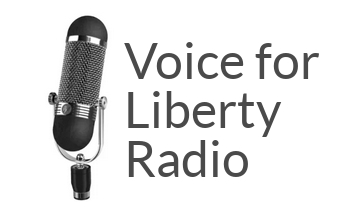
Randall Harris, Utility Manager of Chisholm Creek Utility Authority
Randall Harris, Utility Manager of Chisholm Creek Utility Authority, spoke on the topic “An Overview of the Chisholm Creek Utility Authority.”
-
A Republican dark horse?
Wondering if “the GOP isn’t on course to nominating their very own [Michael] Dukakis?” the Weekly Standard suggests a few possibilities, including Kansas’ Mike Pompeo: Who could such a mysterious dark horse be? Well, it’s not as if every well-qualified contender is already on the field. Mitch Daniels was probably the most successful Republican governor…
-
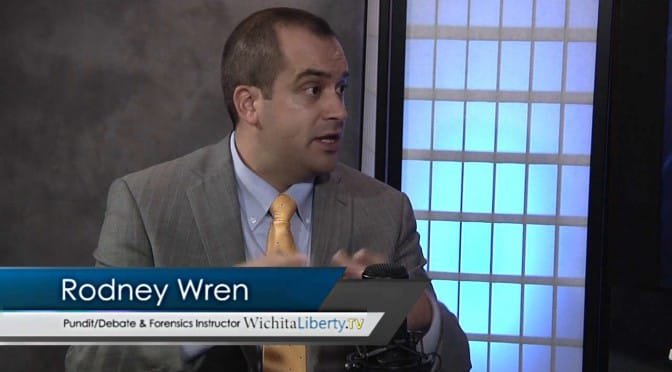
WichitaLiberty.TV: Debate expert Rodney Wren and the presidential debates
Debate and communications coach and expert Rodney Wren explains the recent presidential debate. What should viewers look for as they watch?
-
Michael Tanner: Going for Broke: Deficits, Debt and the Entitlement Crisis
Cato Institute Senior Fellow Michael Tanner speaks about his new book, “Going for Broke: Deficits, Debt and the Entitlement Crisis,” at a luncheon of the Wichita Pachyderm Club, July 31, 2014.
-

‘Roast of Trump’ best left unserved
A celebrity roast of Donald Trump provides insight into the honoree’s character.
-

‘Love Gov’ humorous and revealing of government’s nature
A series of short videos from the Independent Institute entertains and teaches lessons at the same time.
-

WichitaLiberty.TV: Radio show host Joseph Ashby
Radio talk show host Joseph Ashby joins host Bob Weeks to discuss his interview with Kansas Governor Sam Brownback, the end of the legislative session, and Republican presidential candidates.
-

WichitaLiberty.TV: Initiative and referendum
What recourse do citizens have when elected officials are not responsive? Initiative and referendum are two possibilities.
-
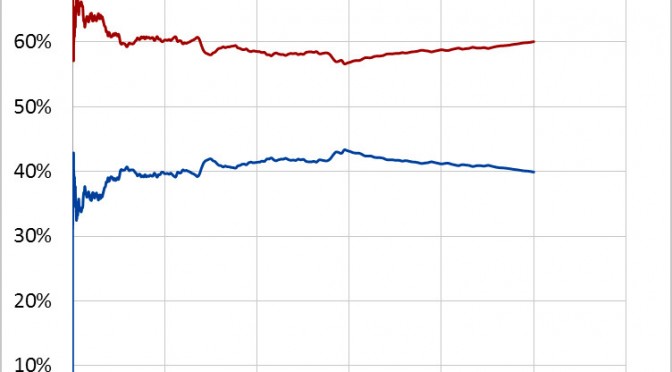
Sedgwick County elections have an anomaly
A Wichita statistician is thwarted in efforts to obtain data that might explain a strange observation.
-
Voter turnout, Wichita primary election, March 3, 2015
The Sedgwick County Election Office reports that for the March 3, 2015 primary election there were 200,371 registered voters in the City of Wichita. 19,605 ballots were cast, for a turnout rate of 9.8 percent. View a map of turnout by precinct below, or click here to open in a new window.